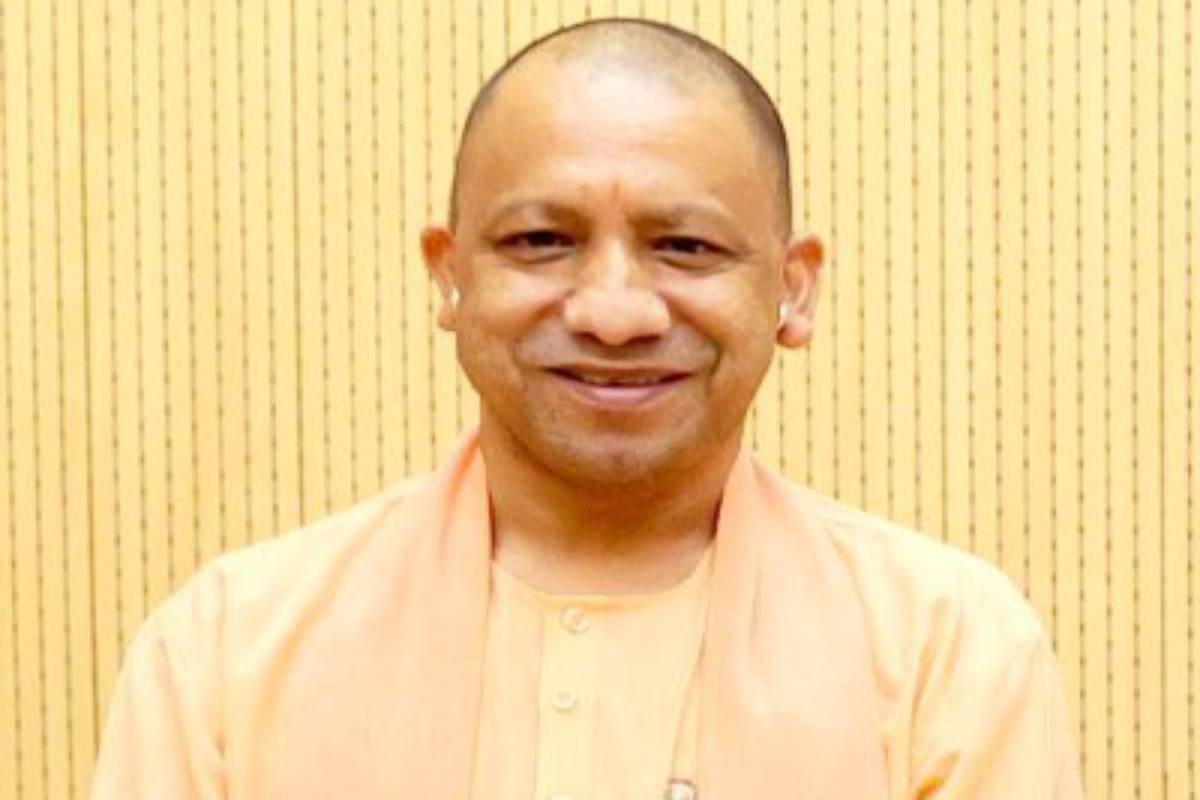The Uttar Pradesh government on Thursday filed a Special Leave Petition (SLP) in the Supreme Court, opposing the Allahabad High Court’s Lucknow bench order to hold the urban body elections without reservations for Other Backward Classes.
On Tuesday, the Lucknow bench of the Allahabad High Court ordered the government to conduct urban body elections in UP without implementing the OBC quota. As per the court order, all the seats reserved for OBCs will now be considered general. High Court also gave instructions to conduct the elections immediately. Earlier on Wednesday, the Yogi Adityanath government constituted a Backward Classes Commission in the state to look into the matter.
The commission, which has five members, will be chaired by retired Judge Ram Avtar Singh.
“On the basis of the commission’s report, the backward class reservation will be decided for UP’s municipal body elections,” an official statement said on Wednesday.
Former IAS officers CS Verma and Mahendra Kumar, former legal advisor Santosh Kumar Vishwakarma and former additional legal advisor and additional district judge Brijesh Kumar Soni are other members of the commission.
However, even after the High Court order, the government said that urban body elections in Uttar Pradesh would be held without backward class reservation.
“The commission will present its report after conducting a triple test for reservation for the OBC class in the body elections. On the basis of that report only, the government will fix the OBC quota in municipal elections,” the statement said.
It may be noted that reservation for backward classes in local bodies was made in the Uttar Pradesh Municipality Act-1916 in 1994. In order to give reservations for the backward classes, a provision has also been made in the Act to conduct a survey.
According to this, a rapid survey of backward classes is to be conducted by the state government in every municipal body. Since 1991, all the elections to the municipal bodies (1995, 2000, 2006, 2012 and 2017) have been conducted on the basis of these provisions given in the Act and the report of the Rapid Survey.
A survey of backward classes was conducted by the Panchayati Raj Department in May 2015.
So far, on the basis of the same survey, elections to the three-tier panchayats have been conducted in 2015 and 2021.
Advertisement









